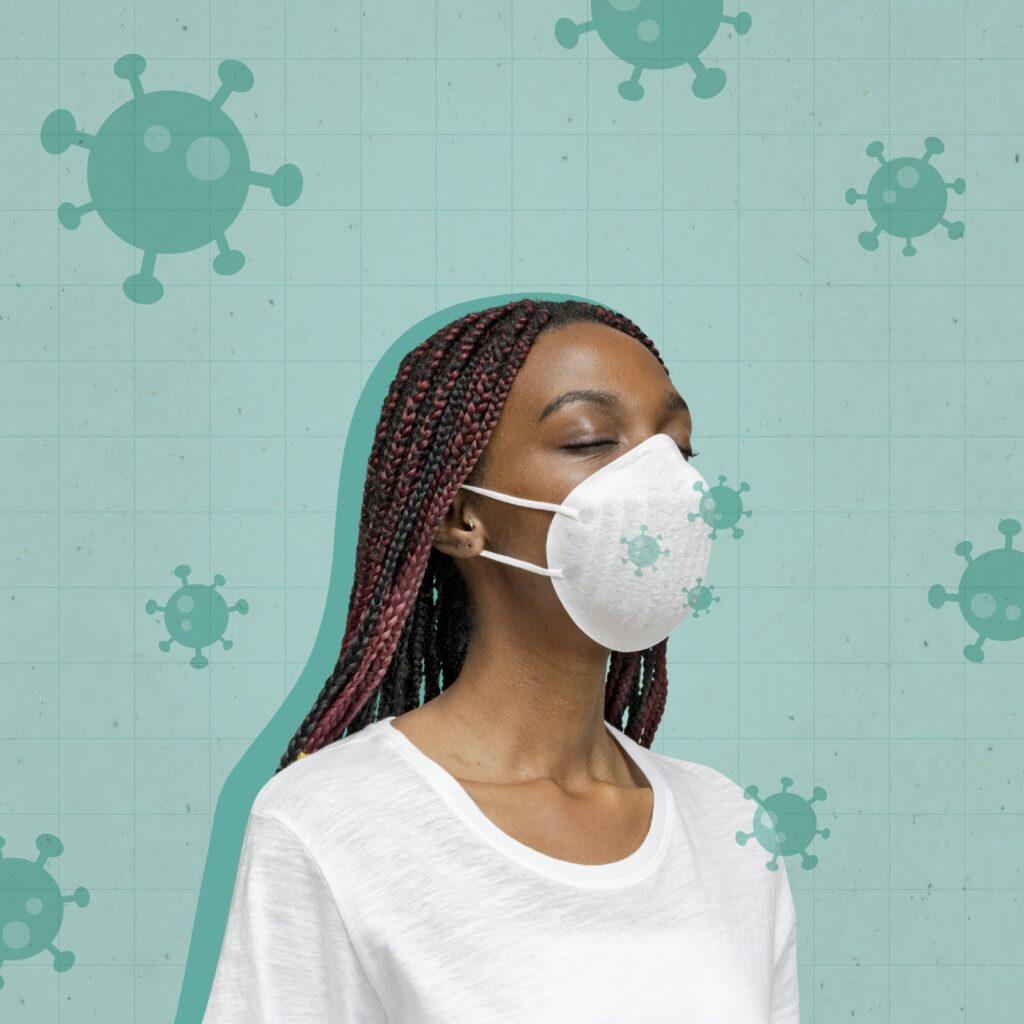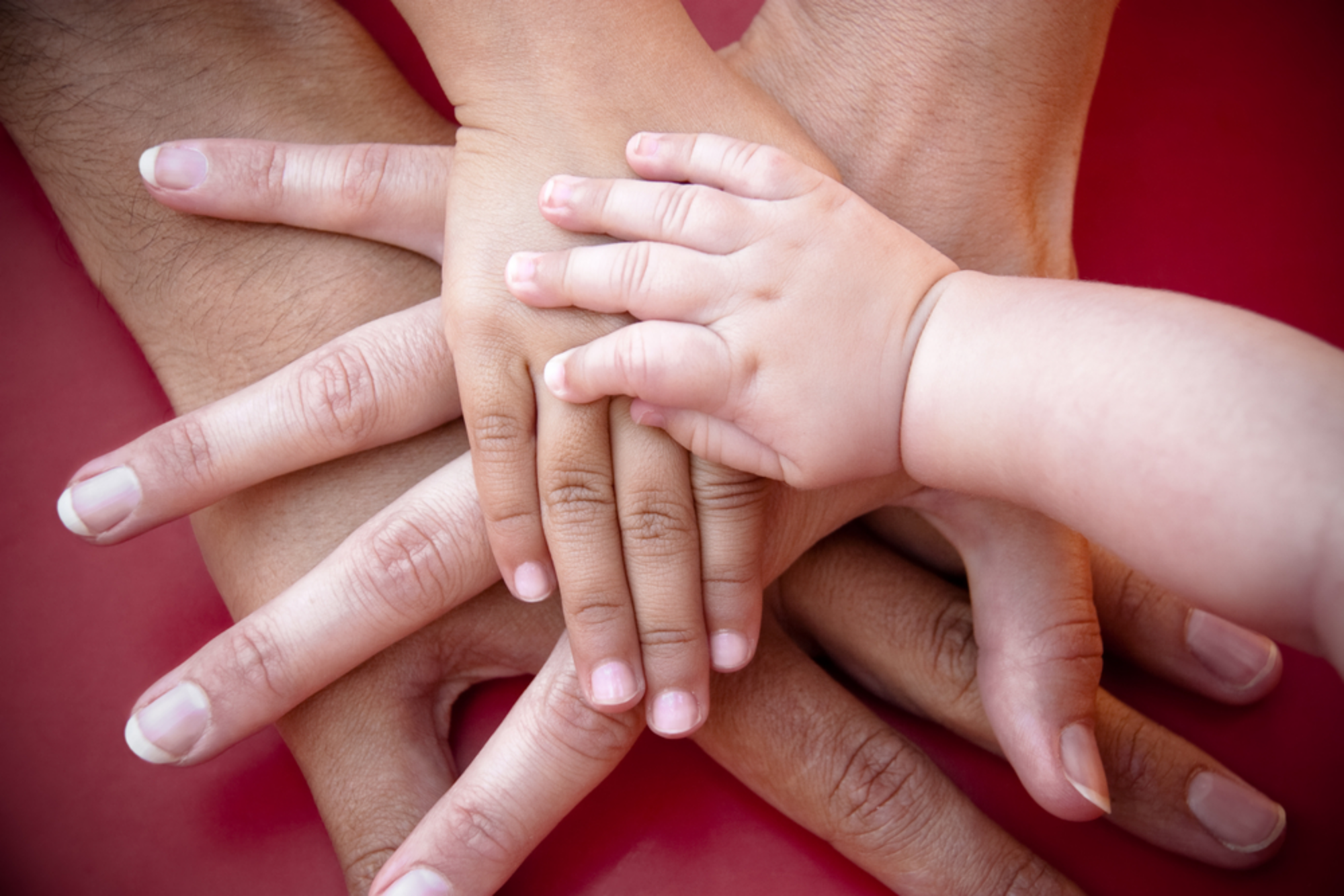
The COVID-19 pandemic represents an unprecedented threat to psychological, social, physical, and economic well-being of the world’s societies. Despite the potential for great harm, we nonetheless see many examples of individual and organizational prosociality, that is, efforts to help others and mitigate pandemic-induced damage to these different facets of our health and well-being. In April of 2020, with support from the Kay Family Foundation we launched a national Coping with COVID-19 Study, in which we surveyed over 1,700 Americans across the U.S. on their perceptions, experiences, and responses to the pandemic, their mental and physical well-being, and various other psychosocial and behavioral characteristics. This cohort was resurveyed in July and October. With additional support from a Cornell Center for Social Sciences COVID Rapid Grant, we will add additional waves of follow-up in the fall and winter.
A key objective of the Coping with COVID-19 Study is to understand how prosocial orientations and behaviors might operate to facilitate adaptive coping and enhance well-being during the pandemic. We also aim to examine other factors that might promote mental and physical resilience in the face of pandemic-related stress experience.
